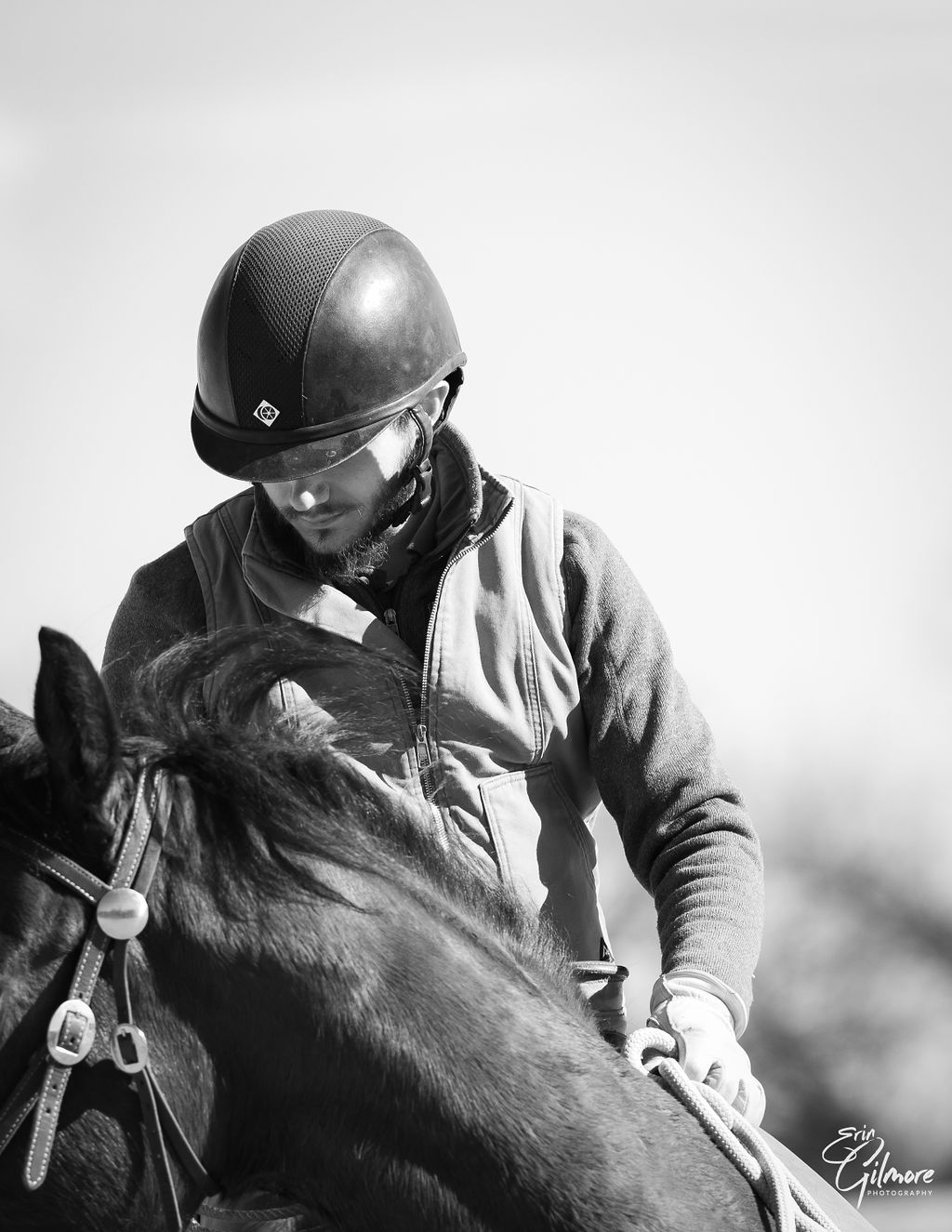How Do You Build Your Foundation?
A passionate lifelong fox hunter calls for help when a new equine partner challenges her confidence in the field. A woman starts riding again after raising her family and experiences anxiety and fear that she has never felt before. A seasoned competitor is shaken by a seemingly innocuous fall (one of hundreds she has taken in her lifetime) and then experiences crippling anxiety in the jumping arena. These scenarios are a small sample of some of the requests for help that we receive regularly.
When asked if I can help, the answer is always surely. I am happy to do whatever I can to help riders find their way back to their joy of riding and competing. I often share that I have a pretty big toolbox of strategies and techniques that I have honed and developed over the years. But, in all honesty, the most powerful help I have to offer grew out of my observations of the patterns that I saw in the riders that I worked with over the years.
What I noticed is that in every situation I could identify a concern in one or more of five areas: motivation, goals, resources, risk, or relationships. Sometimes the issue was circumscribed to one or two of these areas. However, more often than not, the issue was in how these factors aligned in their equine activities. We can all imagine the problems that arise when we have high motivation and lofty goals but few resources such as time, money or appropriate resources. Or, the challenges we face when, with a lifetime of skill and experience, circumstances change like growing older or starting a family and we don’t consider how the impact of the very real risks in our sport change with the circumstances.
What I love about what I now call the Pillars of Progress is that they are straight forward and accessible to everyone. Yet, in a way similar to foundational horsemanship, there is a deep richness to what they have to offer us in or equestrian pursuits. A richness that can be mined and actively used to support us throughout our equestrian life if we are willing to invest in learning about ourselves through the lens of the Pillars. By reflecting on and seeking alignment among the five Pillars of Progress we greatly increase the likelihood of making good choices for ourselves and overcoming the challenges we face in our riding.
We want everyone to have access to this powerful perspective. We want everyone to be able to use the Pillars of Progress perspective as a foundation for their decision making. This is also a tool that is valuable for trainers and instructors by providing them with a framework for understanding where riders might get stuck and helping them develop helpful and effective plans in moving forward.
Join us for our upcoming virtual course Pillars of Progress. Take a deep dive into understanding the Pillars and finding the kind of alignment that will serve as a solid foundation in your horsemanship journey for years to come. ~ Paul
📸 Erin Gilmore // Erin Gilmore Photography








 This process is natural and is not a cause for concern if we have the understanding and tools to effectively deal with our negative thoughts and feelings, and bring our learning selves back on line.
This process is natural and is not a cause for concern if we have the understanding and tools to effectively deal with our negative thoughts and feelings, and bring our learning selves back on line.
 I spend a lot of time reading, listening to podcasts, and attending trainings on high performers and performance psychology.
I spend a lot of time reading, listening to podcasts, and attending trainings on high performers and performance psychology.